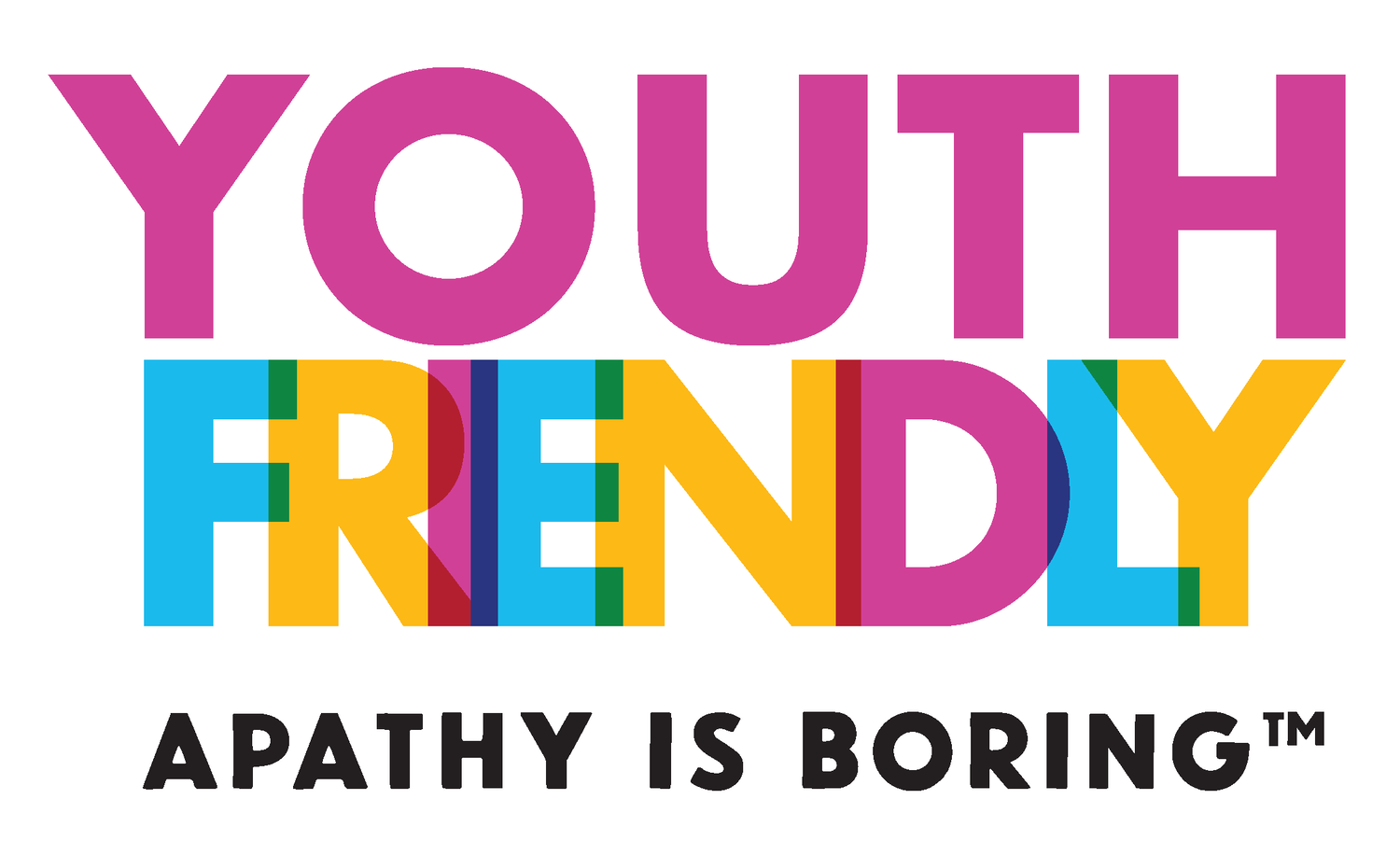Debunking Hustle Culture
Image from Homebased Journal.
Last month, a viral tweet got the Internet talking about hustle culture. The tweet in question stated that “the best thing young people can do early in their careers is to work on the weekends.” What came after this was a swarm of response posts from young people explaining how this narrative is harmful. Hustle culture is pervasive in our fast-paced, competitive world. The traditional sentiment is being increasingly pushed back on by young people, who say it is counterproductive to youth engagement and youth mental health. Here’s what you need to know about hustle culture, why it’s a toxic mentality to perpetuate, and how your organization can benefit youth by moving away from it.
What is hustle culture?
Simply put, hustle culture is the lifestyle of overworking. It promotes working tirelessly in pursuit of success. Most importantly, the underlying aspect of hustle culture promotes the idea that constantly working, or hustling, is the only way to earn respect from the world and even yourself. It’s the same widespread sentiment that encourages us to feel guilty about relaxing or not being productive, which leads young people to feel as though they need to accept exploitation to achieve success.
Why is it toxic?
The narrative of hustle culture ignores systemic determinants of the world we live in. A person’s race, economic class, or the family they were born into all contribute to their ability to achieve their idea of success. Someone who was born into a position of privilege is already starting ahead of someone who was not. Working-class people are often people stuck working in labour-intensive jobs for more hours and less money. No matter how much effort they put in, they are not afforded the same opportunities as those born with those economic privileges. We’ve seen Canada’s wealth gap increase throughout this pandemic, and most of the jobs lost have been low-wage. There are many systemic factors at play that hinder people from reaching their career goals. For this reason, the “work harder” narrative simply doesn’t hold up.
Hustle culture also sets up unrealistic expectations. Encouraging people to ignore their signs of hunger and fatigue to continue working does not actually make them more productive. It’s not a sustainable mindset and it eventually leads to burnout.
Ultimately, this mindset only works for the wealthiest and most privileged among us, and for everyone else, it causes unhealthy expectations, burnout and sacrifice of personal life with the empty promise of upward financial mobility.
How can your organization move away from this?
Organizations run by older generations must listen to the reasons why youth are pushing back on hustle culture. Young people are often hit with a stereotype of being lazy when we resist these types of narratives, but in reality, we want to dismantle the expectations that lead to serious mental health issues.
Be intentional about the work your organization does. When people (not just youth, but everyone) know why they’re working towards something, the work itself can be empowering and less tedious. The most productive work often comes from being passionate, not forcing yourself to get something done quickly.
Most importantly, encourage youth to live outside of the work they’re doing. There is value in taking a step back to have a breath, and often young people feel guilty for not being productive because of the pervasiveness of hustle culture. Moments of relaxation and peace breed creativity and a generation of young people that are excited about the future and who want to contribute to democracy.

